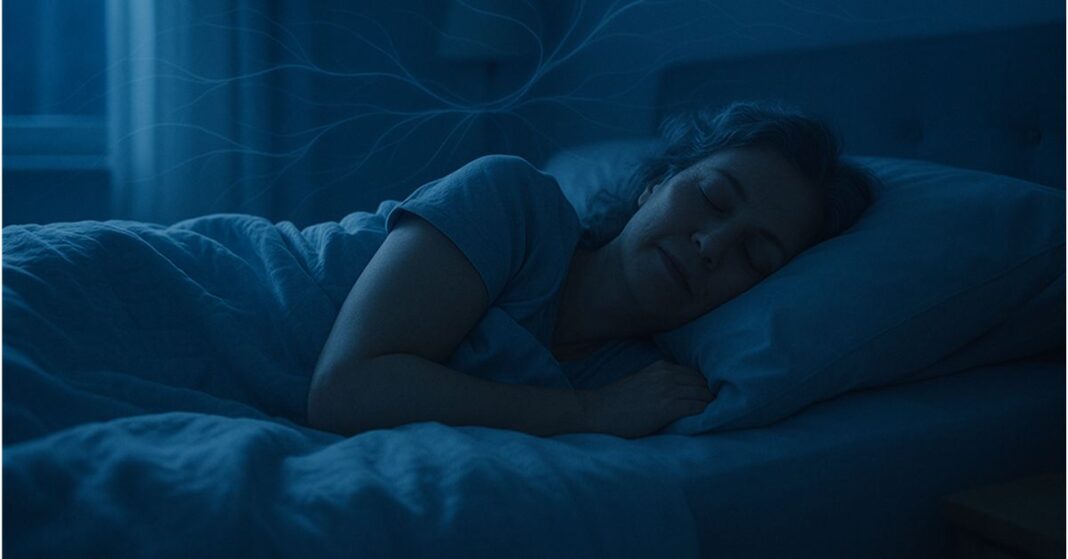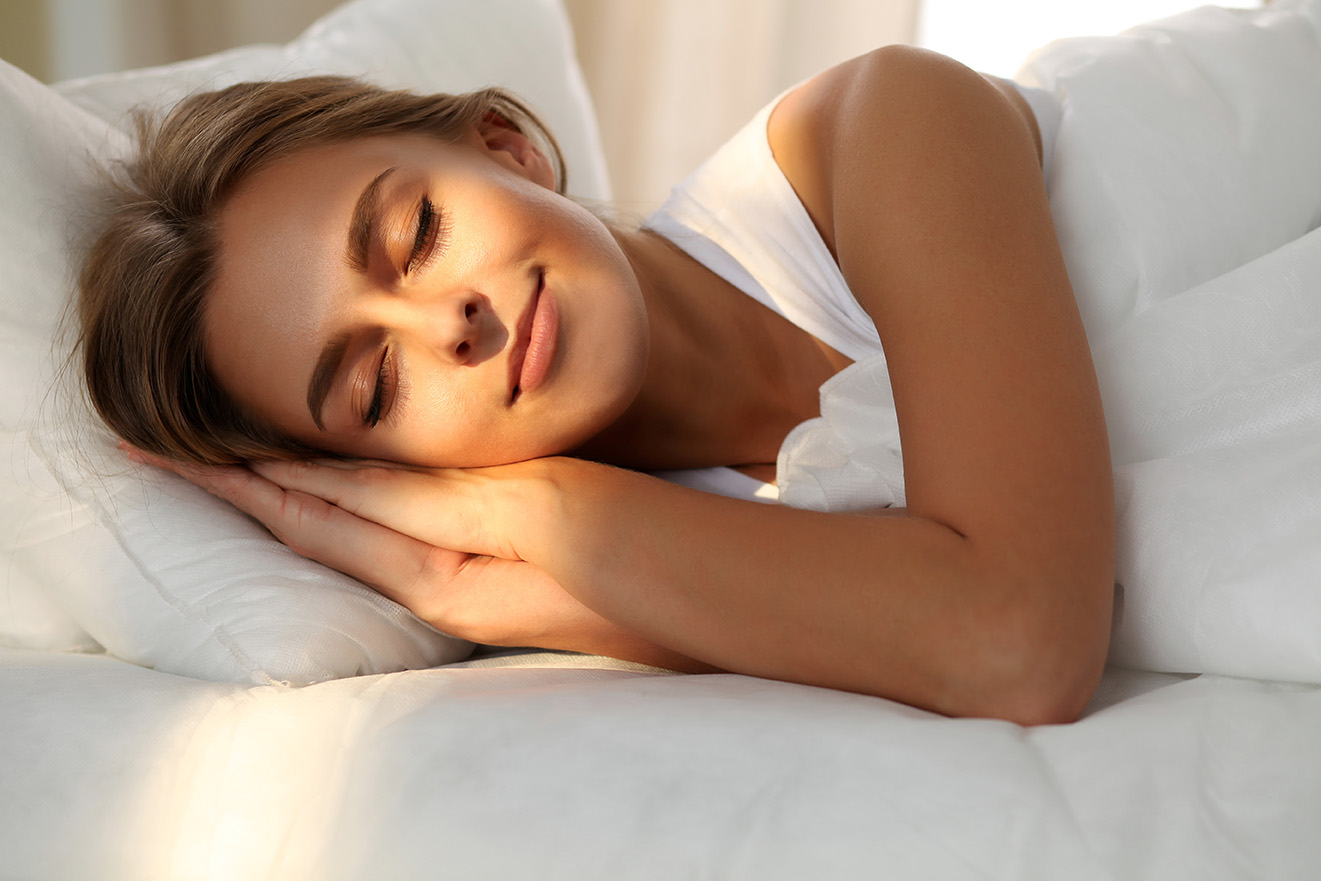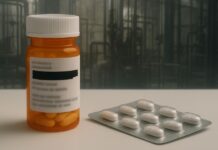“Sleep, unfortunately, is not an optional lifestyle luxury. It’s a non-negotiable biological necessity.” — Matthew Walker, Professor of Neuroscience and Psychology at the University of California, Berkeley
We’ve all said it: “Let’s sleep on it.” Often when something troubling feels overwhelming today, it seems more manageable after a good night’s sleep. Why? Because sleep — especially REM-sleep (dream-sleep) — is healing. It helps process psychological stress, integrate difficult experiences into our mental framework, and reduce the sharp edges of what otherwise would feel unbearable.
Walker’s point: it isn’t time alone that heals all wounds. It’s time in sleep, and especially dream cycles (REM), that provide emotional convalescence. Research supports this: sleeping on things allows emotional memory processing and diminishes the raw intensity of trauma.
Beyond mental healing, the scope of sleep’s importance spans every major physiological system — neurological, lymphatic, immune, hormonal, cardiovascular, metabolic. Chronic sleep deprivation appears to be associated with myriad poor health outcomes including poorer cognitive function, impaired immunological responses (such as reduced efficacy of vaccines) and an increased risk of diabetes and obesity, to name but a few.
Indeed lack of adequate quality sleep can kill! It has been shown experimentally in rats that total sleep deprivation is rapidly fatal in a comparable time frame to total food starvation, on average 15 days.
Absence of rapid eye movement (REM) sleep was similarly fatal in about 15 days whilst selective suppression of non-REM sleep was also fatal but in a longer time frame (around 45 days).
[Brain, Volume 141, Issue 6, June 2018, Pages 1884–1886, https://doi.org/10.1093/brain/awy115]
So this is important” take notice!
Immune system vulnerability
Your immune system strongly depends on healthy sleep. In one experiment, healthy subjects restricted to four hours of sleep for one night experienced a 70 % drop in key cancer-fighting immune cells (natural killer cells). This shows just how quickly sleep deprivation can meaningfully impair immune defense.
[https://www.newyorker.com/magazine/2025/01/27/what-an-insomniac-knows]
Hormonal ageing and male health
Sleep restriction also profoundly affects hormonal systems. In a study on healthy males restricted to just four or five hours of sleep per night for a week, testosterone levels dropped to the equivalent of a man ten years older. In other words: chronic short sleep pushes physiological ageing forward.
[https://time.com/7160802/sleep-longevity-live-longer-health/]
Summary: Sleep as system-wide reset
Sleep isn’t something you get after life’s work is done; sleep is the foundation layer of life’s work. Without it: immune fragility, hormonal inversion, cardiovascular stress, impaired cognition, emotional dysregulation — all climb quickly. The data support Walker’s statement that sleep is not optional.
[Br J Gen Pract. 2018 Apr;68(669):193. doi: 10.3399/bjgp18X695609]
Get your sleep, for sure, and then fit in life and duties around that, without disturbing your sleep routine.
Here are evidence-based, medically-grounded tips to improve sleep quality — particularly useful for those of you with demanding schedules, irregular nights, or intermittent insomnia.
1. Prioritize regularity
Go to bed and wake up at the same time every day(yes, weekends too). Consistency anchors your brain’s 24-hour clock (the circadian pacemaker) and strengthens sleep quality.
[https://news.berkeley.edu/2017/10/17/whywesleep/]
Instead of just setting your wake-up alarm, consider a “time-for-bed alarm”. That’s your cue to wind down behaviorally, reducing the “lying awake wondering if I’ll sleep” trap.
2. Create darkness in the last hour
Light at night suppresses melatonin release — melatonin signals the body that it’s night and time for sleep. So: in the final hour before you plan to sleep:
• Dim the lights by about half.
• Turn off screens (computers, tablets, phones). Blue-light plus cognitive/emotional arousal from scrolling kills sleep quality. Consider blackout curtains or reducing ambient light from devices/chargers.
[https://www.masterclass.com/articles/matthew-walker-on-improving-sleep-quality]
3. Keep your bedroom cool
Your body temperature needs to drop by about 1 °C (or 2–3 °F) for optimal sleep onset and maintenance. That is why you may have trouble falling asleep in a “stuffy” room. A room that’s too cold is better than one that’s too hot. Aim for ~18 °C (?65 °F). Layering (hot water bottle, socks) is fine — just the ambient room should be cool.
4. Don’t linger in bed awake
If you’re in bed for more than ~25–30 minutes and you’re still awake, get up. Lie-waiting teaches your brain that “bed = being awake”, which undermines sleep associations. Instead: get out of bed, go to another room, do something quiet and relaxing (not screen-heavy), and return when sleepy.
This may feel counter-intuitive, especially when you’re exhausted, but it resets the bed-sleep connection.
5. Moderation of caffeine & alcohol
• Caffeine: Blocks adenosine, the chemical that builds “sleep pressure” while awake. Caffeine late in the day undermines sleep onset and depth.
• Alcohol: While it may sedate you initially, it suppresses REM sleep and causes frequent awakenings. That compromises the essential emotional-processing phase of sleep.
• [https://www.masterclass.com/articles/matthew-walker-on-improving-sleep-quality]
After a bad night: don’t over-compensate
If you had a terrible night, resist the impulse to: wake up later, nap longer, or go to bed earlier. These all disrupt your schedule and can lead into a cycle of poor sleep. Instead: get up at your usual time, avoid long naps, wake gently, go about your day. Your brain will rebuild healthy sleep momentum.
Why This Matters More Than Ever
In today’s hyper-connected, 24/7 culture, sleep is undervalued. We mistakenly treat it as “lost productive time,” when in fact it is the time our brain and body use to restore, repair, and integrate. According to Walker, “[Sleep] is the single most effective thing that we can do each and every day to reset our brain and body health.”
[https://www.cogneurosociety.org/going-deep-sleep-matthew-walker/]
Ignoring sleep is not just sub?optimal; data show it increases risk for serious disease: obesity, diabetes, hypertension, cardiovascular events, impaired immunity, accelerated aging, cognitive decline.
There is compelling epidemiological data around daylight saving time changes. When we lose one hour of sleep in the spring, there is a ~24 % relative increase in heart attacks the next day. Conversely, when we gain an hour in the fall, heart attack rates drop by about 21 %. These shifts underscore how finely tuned our cardiovascular system is to sleep adequacy.
Other correlations: road traffic accidents spike, suicide rates shift, even judge sentencing shows variation with less sleep. The less you sleep, the worse the decision-making, the poorer the self-regulation.
One study even saw a drop in quality foods chosen by participants who were sleep deprived. Subjects had a significantly greater desire for high-calorie, weight-gain-promoting foods.
[Nat Commun. 2013;4:2259. doi: 10.1038/ncomms3259]
Sleep needs to be addressed with the same urgency as diet, exercise, medication. Often times sleep is the hidden variable.
Final Summary & Patient Message
Sleep is not optional. It’s a non-negotiable component of health. Treat it as your life-support system.
For patients: frame sleep as the foundation of your prescription: fix the sleep schedule, advance the dark-cool environment, reduce screen/blue-light exposure before bed, moderate caffeine and alcohol, and rescue the behavioral association between bed and sleep.
Summary Of Healthy Sleep Habits
Bedtime Routine
Set regular hours. Go to bed and wake up at the same time daily (weekends included).
Use a “to-bed alarm.” Set a reminder 30–60 min before target bedtime.
No screens 1 hour before bed. Dim all lights by half.
Keep bedroom dark, cool, and quiet. Ideal room temp ? 65 °F (18 °C).
During the Night
If you can’t fall asleep after ~25 min: Leave bed, go to another dimly lit room, do something calm (reading, breathing, quiet music).
Return to bed only when genuinely sleepy.
Avoid heavy meals, alcohol, and caffeine within 3 hours of bedtime.
Daytime Habits
Get morning light exposure (10–20 min) to anchor circadian rhythm.
Exercise regularly, but finish intense workouts ? 3 hours before bed.
Caffeine cut-off: No caffeine after 2 p.m. (earlier for sensitive patients).
Skip long naps. If necessary, keep naps < 30 minutes before 3 p.m.
If You Had a Bad Night
Do nothing extreme…
? Don’t sleep in late, to try and catch up.
? Don’t nap long hours, to try and catch up.
? Don’t go to bed early, to try and catch up.
? Don’t overload on caffeine, to stay awake!
Just resume your regular schedule; your sleep drive will self-correct the next night.
When to Seek Further Evaluation
Persistent insomnia > 3 months.
Loud snoring, choking, or witnessed apneas (stopping breathing).
Excessive daytime sleepiness.
Restless legs, parasomnias, so-called narcolepsy (falling asleep without choice during the day) or shift-work insomnia.
Ask your doctor a referral for sleep study (polysomnography) or CBT-I (cognitive behavioral therapy for insomnia).
Finally, One Last Resource!
This one is massive. Falling asleep means dropping from beta-frequency brainwaves to alpha (12 Hz), to theta (4 -6 Hz) and then delta (0.5 – 4 Hz), which is deep sleep. So what if you could hum to the brain and persuade it to drop gently from beta, to alpha, theta and then into delta. You would fall asleep (couldn’t help yourself, actually)!
Well, it can be done. I am associated with a device which can deliver these soporific brain frequencies. It’s called the Kasina and it wraps 4 different sleep aids into one pleasant “mind walk.” I have had patients say they could not stay awake till the end!
The 4 modalities are:
- Binaural beats
- Photic driving (flashing lights)
- Slow relaxing music, integrated with the sounds
- A calm, relaxing voice giving you instructions to travel in your mind in creative ways.
To your good health,Prof. Keith Scott-Mumby
The Official Alternative Doctor






